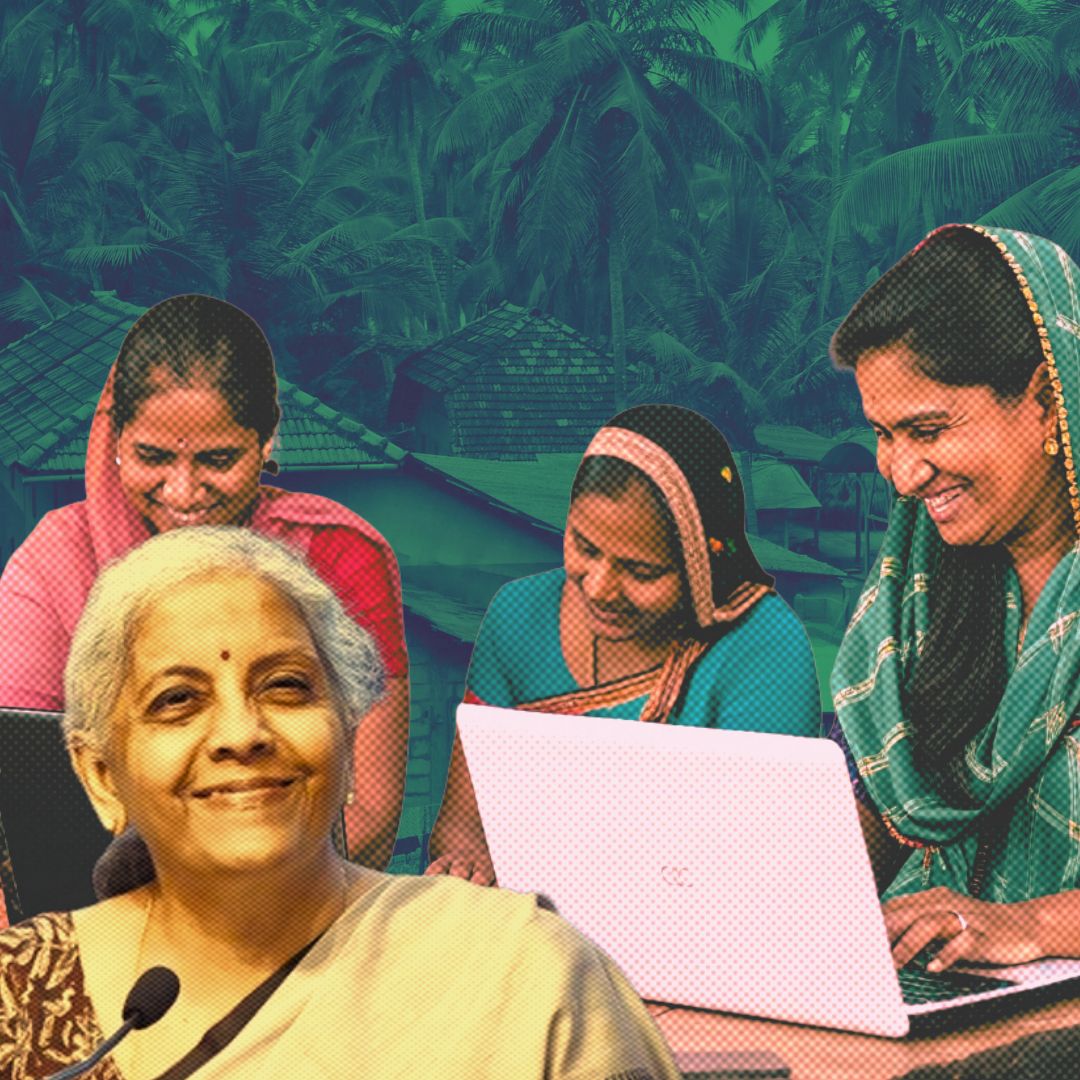In a significant move towards fostering inclusive economic growth, the Indian government has introduced a ₹2 crore term loan scheme in the Union Budget 2025-26, targeting five lakh first-time women entrepreneurs and individuals from Scheduled Castes (SC) and Scheduled Tribes (ST) communities.
This initiative reflects the government’s commitment to good governance, ensuring equitable access to financial resources and fostering entrepreneurship among historically marginalized communities.
Addressing Barriers to Financial Inclusion
Historically, access to formal credit has been a major hurdle for SC/ST individuals and women entrepreneurs. Limited financial literacy, lack of collateral, and bureaucratic barriers have often restricted their ability to secure funding. Learning from past initiatives such as Stand-Up India, the government is addressing these challenges by simplifying access to credit and coupling it with skill development programs.
To ensure transparency and ease of implementation, the new scheme will provide term loans of up to ₹2 crore over the next five years while also offering online capacity-building programs aimed at enhancing entrepreneurial and managerial skills. As per governance experts, structured mentorship and continuous support could further strengthen the impact of this initiative.
Ensuring Transparency and Preventing Misuse
One of the core aspects of good governance is accountability. To prevent potential misuse of funds, the government will implement:
- Regular monitoring and reporting mechanisms to track fund utilization.
- Collaboration with civil society organizations to ensure independent oversight and encourage grassroots participation.
- Public dashboards and grievance redressal systems to enhance transparency and build trust among beneficiaries.
Experts emphasize that the success of such initiatives depends on efficient execution, public-private partnerships, and periodic assessments to ensure that financial assistance translates into sustainable entrepreneurship and job creation.
Towards a More Equitable Economic Landscape
By addressing financial barriers and fostering an inclusive entrepreneurial ecosystem, the Indian government is taking a decisive step towards reducing economic disparities. The initiative stands as a testament to proactive governance, ensuring that marginalized communities are not only recipients of financial aid but also active participants in the nation’s economic growth.
The Logical Indian’s Perspective
This new initiative by the government reflects a commitment to good governance by actively promoting inclusive growth and economic empowerment. By addressing the financial barriers faced by women and individuals from SC/ST communities, the scheme aims to foster a fairer society and stimulate economic development at the grassroots level. To ensure success and prevent potential misuse of funds, it is essential that the scheme is implemented effectively, with transparent procedures and vigilant monitoring.
How Can Citizens and Organizations Support?
Governance thrives on collective effort. Citizens, financial institutions, and civil society organizations can play a crucial role in:
- Raising awareness about the scheme to ensure maximum outreach.
- Providing mentorship and training to first-time entrepreneurs.
- Offering constructive feedback to improve implementation and ensure effective governance.
As India moves towards a more inclusive economic future, this scheme could set a new benchmark for empowering marginalized communities through transparent and efficient governance. The key now lies in effective execution and collective participation to maximize its long-term impact.
What more can be done to strengthen the implementation of such initiatives and ensure that financial aid effectively translates into lasting economic empowerment?











